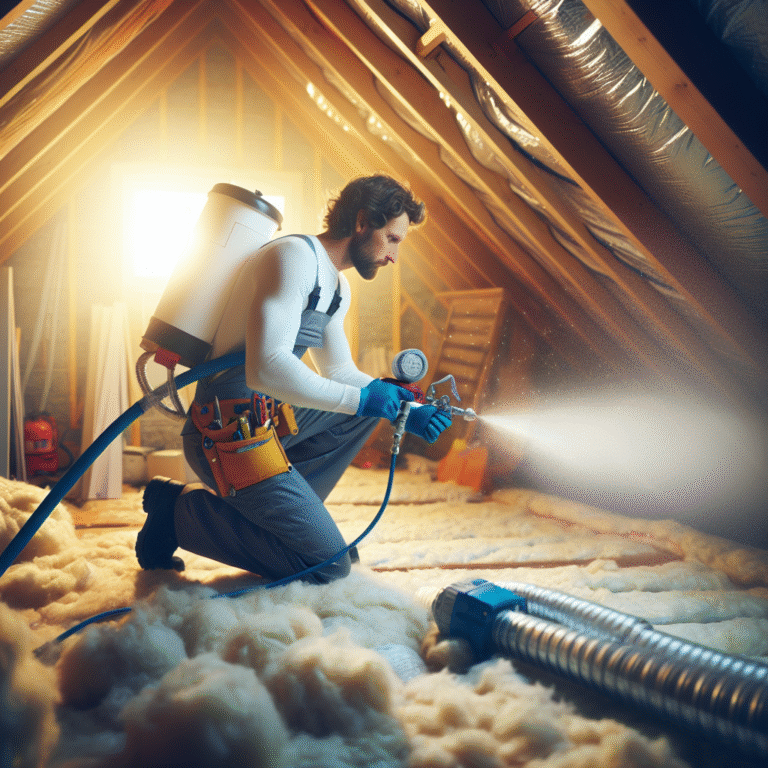The Ultimate Guide to the Best Blow-In Insulation
Table of Contents
- Introduction
- What is Blow-In Insulation?
- Benefits of Blow-In Insulation
- Types of Blow-In Insulation
- Installation Guide
- FAQ Section
- Conclusion & CTA
Introduction
When it comes to home insulation, choosing the right type can significantly boost your home’s energy efficiency. Blow-in insulation, also known as loose-fill insulation, stands out due to its flexibility and effectiveness. This guide will navigate you through the nuances of choosing and employing the best blow-in insulation for your needs.
What is Blow-In Insulation?
Blow-in insulation refers to the method where small particles of fibrous insulation material are blown into attics, wall cavities, or floors using specialized equipment. Common materials used include fiberglass, cellulose, and mineral (rock or slag) wool. This type of insulation is ideal for adding to existing finished areas, irregularly shaped areas, and around obstructions.
Benefits of Blow-In Insulation
- Energy Efficiency: Enhances thermal performance, significantly reducing heating and cooling costs.
- Ease of Installation: Quicker to install in hard-to-reach areas with minimal disturbance to existing finishes.
- Improved Comfort: Helps maintain a consistent indoor climate, reducing hot or cold spots within a home.
Types of Blow-In Insulation
- Fiberglass: Made from fine glass fibers and offers great thermal insulation.
- Cellulose: Consists of recycled paper products and is treated for fire and pest resistance.
- Mineral Wool: Provides not just insulation but also excellent fire resistance.
Installation Guide
Step 1: Preparing the Area
Ensure the space is air-sealed prior to installing insulation, preventing moisture and air infiltration.
Step 2: Choosing the Right Material
Decide on the material based on your insulation needs, budget, and climate zone.
Step 3: The Blowing Process
Use a professional-grade blowing machine for uniform distribution and proper density.
FAQ Section
Q: What are the benefits of using the best blow-in insulation?
A: Blow-in insulation provides superior coverage, is easy to install in difficult areas, and improves thermal and acoustic performance of your home.
Q: How long does blow-in insulation last?
A: When properly installed and maintained, blow-in insulation can last upwards of 20-30 years under ideal conditions.
Q: Is blow-in insulation eco-friendly?
A: Yes, particularly varieties like cellulose, which are made from recycled materials and have a smaller carbon footprint than many alternatives.
Conclusion & Call to Action
Investing in the best blow-in insulation is an efficient way to enhance your home’s energy performance and comfort. Whether you opt for fiberglass, cellulose, or mineral wool, each material offers unique benefits to suit different needs.




